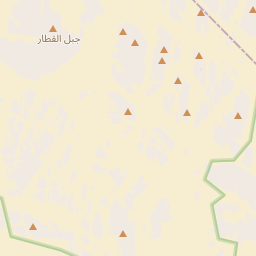Jordan, Wadi Rum
Updated: 2024-10-04
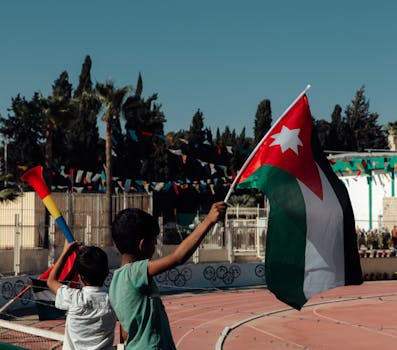
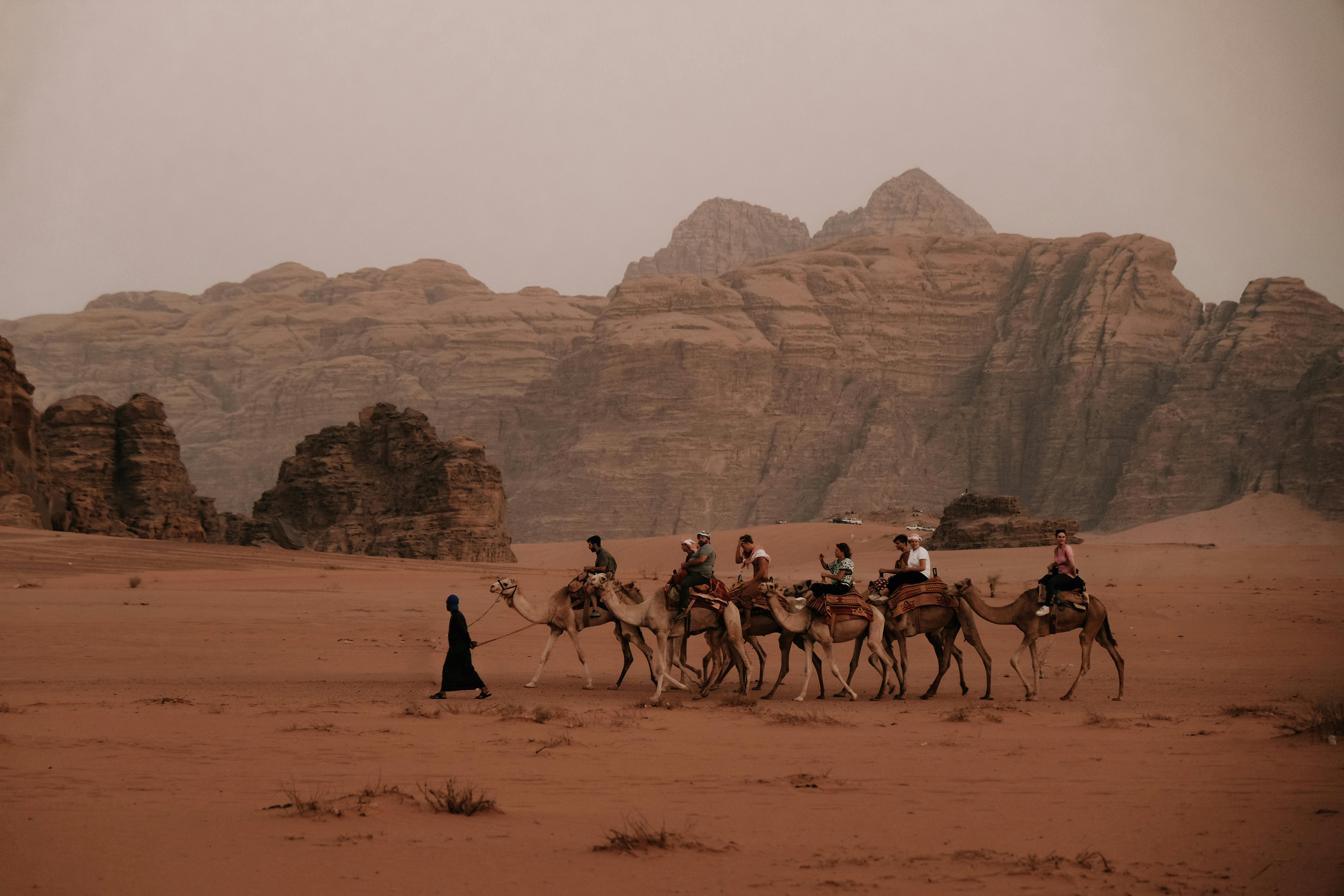
About
The currency used in Wadi Rum is Jordanian Dinar.
Residents of Jordan: 10 million.
Residents of Wadi Rum: Sparse population, mainly local Bedouins.
Languages
Arabic (Main language)
Arabic is the official and most widely spoken language in Jordan, used in all daily communications.
English
English is commonly spoken in tourist areas and by younger generations.
Cost of living
What to do
To be aware of
Climate
Must visit places
Lawrence's Spring
4.5 out of 5 rating
A beautiful natural spring located at the foot of a mountain, associated with the legendary T.E. Lawrence.
Located at Wadi Rum, Jordan
Prices: Free
Checking link...
Burdah Rock Bridge
4.8 out of 5 rating
Considered one of the highest natural rock bridges in the world, offering spectacular views.
Located at Wadi Rum, Jordan
Prices: Guided tours start at $35
Checking link...
Khazali Canyon
4.6 out of 5 rating
A narrow canyon with walls adorned with ancient inscriptions and carvings, offering a glimpse into the past.
Located at Wadi Rum, Jordan
Prices: Free
Checking link...
The Seven Pillars of Wisdom
4.7 out of 5 rating
Named after Lawrence of Arabia's famous book, these towering rock formations are a must-see.
Located at Wadi Rum, Jordan
Prices: Tours start at $25
Checking link...
Wadi Rum Visitor Center
4.4 out of 5 rating
A comprehensive introduction to the Wadi Rum area's geological and cultural history.
Located at Wadi Rum, Jordan
Prices: Entrance fee: $5
Checking link...
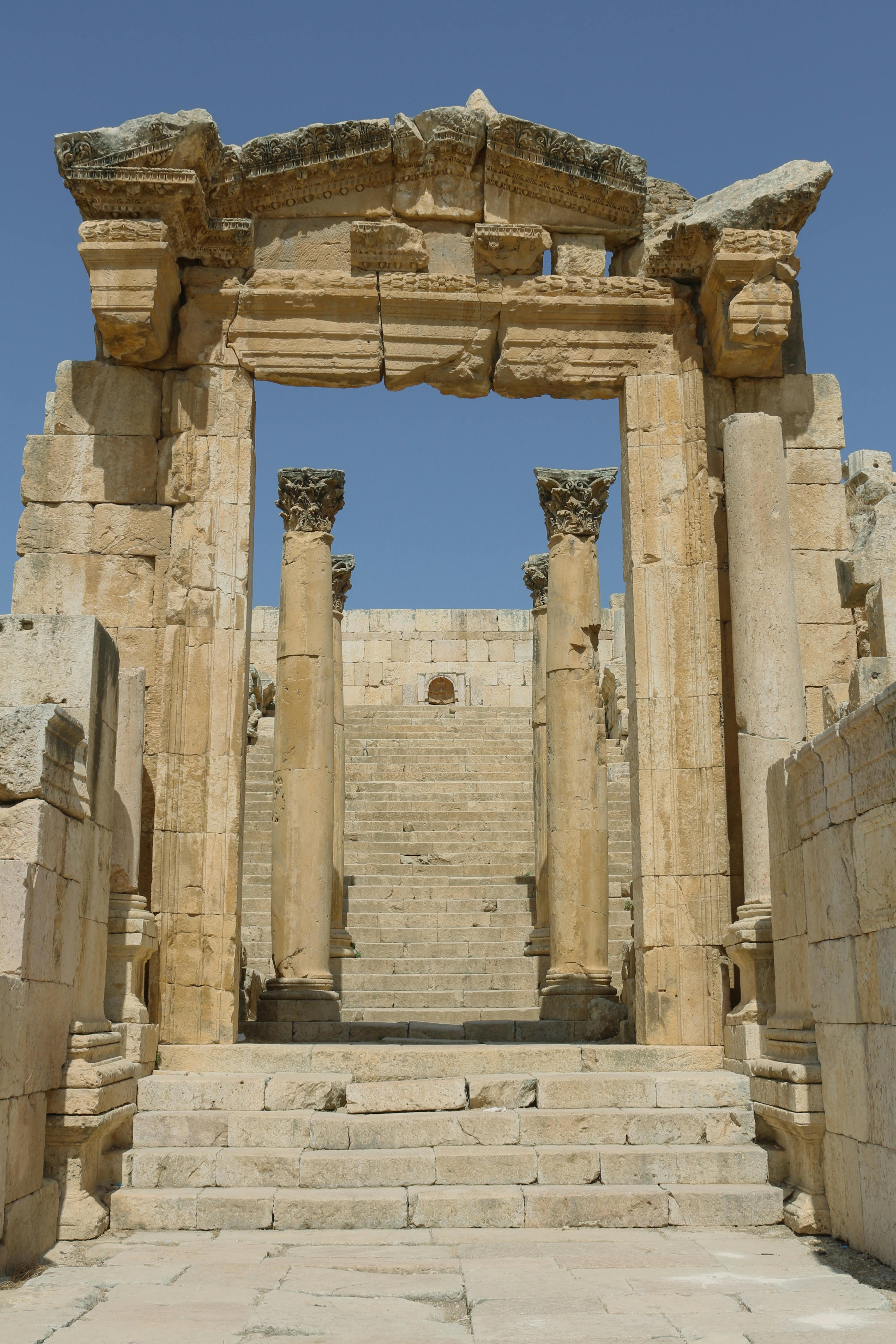
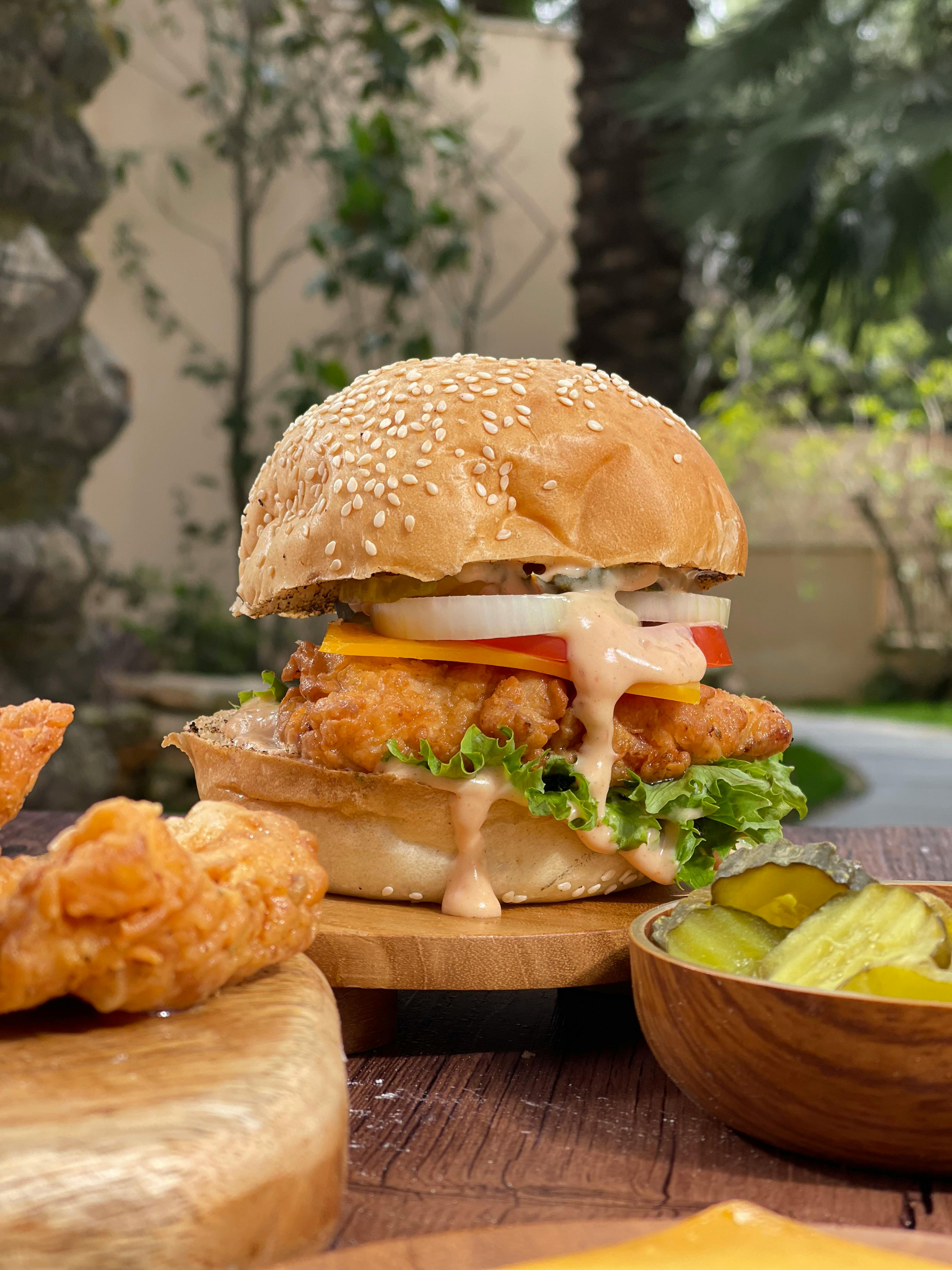
Food in Wadi Rum
Food prices
Must visit restaurants
The Desert Delicacy
4.8 out of 5 rating
Experience the true taste of Jordan with traditional Bedouin dishes infusing exotic spices and unique desert flavors. The hospitality here is top-notch, making you feel like part of a Bedouin family.
Located at Wadi Rum Village, Wadi Rum, Jordan
Prices: $20-$50
Checking link...
Moonlight Dine-in Camp
4.5 out of 5 rating
Enjoy dining under the stars at this camp-style restaurant. Its ambiance will carry you into the heart of the desert with its native decor and traditional music. Don't miss their succulent grilled meats.
Located at Inside Wadi Rum Reserve, Wadi Rum, Jordan
Prices: $30-$60
Checking link...
Echoes in the Sand
4.7 out of 5 rating
A fusion of modern and traditional culinary arts awaits you here, offering delicious meals with breathtaking views of the Martian-like desert landscape.
Located at Wadi Rum Adventure Center, Wadi Rum, Jordan
Prices: $25-$55
Checking link...
Sandstone Cafe
4.6 out of 5 rating
Perfect for those looking for a casual yet delectable dining experience. This cafe serves refreshing drinks and a variety of meals perfect after a day of exploration.
Located at Near Wadi Rum Visitor Center, Wadi Rum, Jordan
Prices: $10-$30
Checking link...
Petra Night
4.9 out of 5 rating
Although its name lends homage to the famous Petra, the culinary experience here celebrates Jordan's culinary heritage, offering dishes that are a perfect blend of local ingredients and authenticity.
Located at East Wadi Rum Entrance, Wadi Rum, Jordan
Prices: $40-$80
Checking link...
Public transportation
Prices
Airport
Shopping
Shopping Prices
Animals and nature
Religion
Tourism and locals
Nightlife scene
Art, Culture and Architecture
Find Upcoming Events
Checking link...
Checking link...
Checking link...
Hotels
Prices
Five facts about Wadi Rum
1. Wadi Rum is nicknamed 'Mars on Earth' due to its alien landscape, frequently used for Mars simulations.
2. The camel is a primary mode of transport and a symbol of traditional Bedouin life; you might even call them 'SUVs' of the desert.
3. The desert's silence is so profound that some visitors claim they can hear their own heartbeat.
4. Wadi Rum served as a backdrop for a Transformer movie, yet not a single robot was sighted during production.
5. The desert nights are dark enough that the Milky Way is often visible to the naked eye, lending itself to incredible astrophotography.
Frequently asked questions
What is the best time of year to visit new destinations?
The best time to visit a destination depends on its climate and your preferences. Generally, spring and fall offer pleasant weather and fewer tourists, while summer may bring larger crowds and higher prices. Always check for seasonal events and holidays.
How can I find the top attractions in a city?
You can find the top attractions by checking travel guides like Cityexplorer.io, blogs, or apps like TripAdvisor. Our website offers curated lists of popular landmarks, cultural sites, and hidden gems for each city.
How do I get around a city?
Most cities offer public transportation options like buses, subways, or trams. Taxis, rideshare services, and bike rentals are also common. Some cities are walkable, making it easy to explore on foot.
How can I stay safe while traveling abroad?
To stay safe while traveling abroad, research your destination in advance to understand local customs and any potential risks. Keep your valuables secure, stay aware of your surroundings, use reliable transportation, and avoid risky areas, especially at night. It's also wise to register with your embassy if possible.
What should I pack for a city trip?
Pack comfortable walking shoes, appropriate clothing for the weather, a travel adapter (if needed), a reusable water bottle, and any personal items like medications. For international travel, don’t forget important documents like your passport and travel insurance.
How can I stay safe while traveling?
To stay safe, research the city beforehand, avoid unfamiliar areas at night, and keep your valuables secure. Use reputable transportation services, and always have a backup plan for communication, such as a local SIM card or Wi-Fi access.
How can I stay healthy while traveling?
To stay healthy while traveling, practice good hygiene, such as frequent handwashing and sanitizing. Stay hydrated, eat balanced meals, and get enough rest. If necessary, consult a healthcare provider about vaccinations or medications required for your destination.
How can I ensure my accommodation is safe?
To ensure your accommodation is safe, read reviews from previous guests, choose reputable hotels or hostels, and check for security features such as locks, safes, and 24-hour front desks. Upon arrival, familiarize yourself with emergency exits and procedures.
Are language barriers an issue when traveling?
In major cities, many locals speak basic English, especially in tourist areas. However, learning a few key phrases in the local language can enhance your experience and help you navigate more easily.
How can I avoid tourist traps?
Avoid tourist traps by researching your destination and seeking recommendations from locals or travel communities. Opt for off-the-beaten-path attractions, authentic dining spots, and lesser-known neighborhoods.
What should I do if I lose my passport while traveling?
If you lose your passport while traveling, report the loss to local authorities and contact your country's nearest embassy or consulate immediately. They can assist with obtaining a replacement passport or emergency travel document.
Do I need travel insurance?
Yes, travel insurance is recommended to cover unforeseen events like medical emergencies, trip cancellations, or lost luggage. It’s a small investment that can save you from significant expenses while traveling.
What is the best way to exchange currency?
The best way to exchange currency is usually through local ATMs using your debit card, as they often offer competitive exchange rates. Avoid airport exchanges and currency kiosks, as they may charge high fees. Consider getting a travel credit card with no foreign transaction fees.
How can I manage jet lag effectively?
To manage jet lag, adjust your sleep schedule before you depart, stay hydrated, and avoid caffeine and alcohol. Upon arrival, try to get exposure to natural light, and consider taking short naps if needed. Gradually adjust to the local time to ease the transition.

